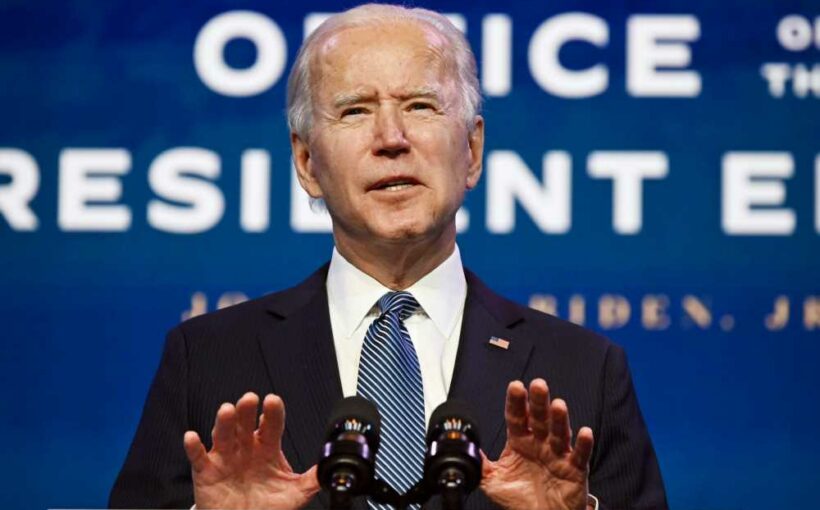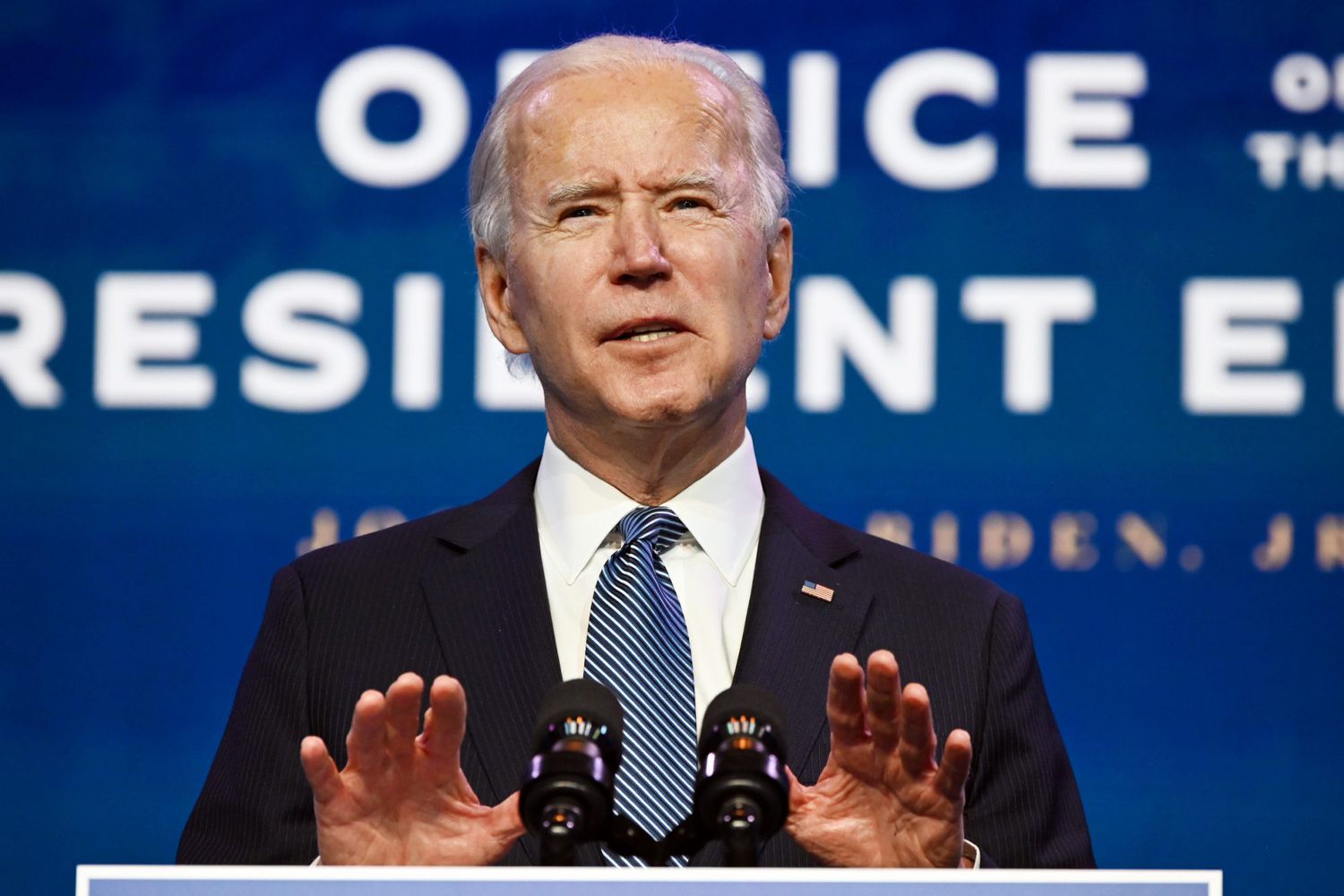President-elect Joe Biden no longer plans to travel to his inauguration next Wednesday via an Amtrak train, according to the Associated Press and CNN.
Citing sources, CNN reports that the decision was made this week, partially in light of growing security concerns in the wake of the deadly insurrection at the U.S. Capitol by supporters of President Donald Trump.
Biden, 78, had planned to travel to his swearing-in ceremony by boarding a train at Wilmington, Delaware's Joseph R. Biden, Jr., Railroad Station, which is named for the former vice president, according to a report by Axios last month.
CNN previously reported that Biden intended to take the train on Tuesday, a day before his inauguration.
The president-elect wanted to proceed with that plan following the Jan. 6 riots, according to CNN — but the considerations had since changed.
A Biden transition spokesman had no comment on the reports of Biden's travel for the inauguration but noted to PEOPLE that "we did not ever announce or confirm arrival plans."
During his more-than 30 years as a Delaware senator, Biden was known to commute back and forth from Washington, D.C., via a 90-minute Amtrak train ride, including early in his career when he left at 5 p.m. in order to make it home for dinner with his sons, Beau and Hunter, after they were injured in a car accident that killed his first wife and infant daughter.
Over time, he earned the nickname "Amtrak Joe."
In a press conference earlier this week, the FBI warned of the expectation for more armed protests at state capitals across the country, as well as in D.C., with one federal official sharing a security bulletin with the AP.
"Armed protests are being planned at all 50 state capitols from 16 January through at least 20 January, and at the U.S. Capitol from 17 January through 20 January," the bulletin read, according to the AP.
Federal buildings including the Capitol have stepped up their security over the past week, installing metal detectors and fencing around the building. National Guardsman have also been deployed.
Last month, inaugural event planners announced that the bulk of the ceremonies would be remote, including a virtual parade across the country to honor American heroes.
The swearing-ceremony is still expected to be an in-person event to be held on the Capitol steps, with a much downsized crowd largely consisting of lawmakers and officials.
Despite the security concerns raised by the violence last week, Biden has said he is "not afraid" to take his oath of office in public.
On Wednesday, the transition team said Biden was briefed by the FBI and the Secret Service amid the security concerns.
"The transition of power from one administration to another is a touchstone of American democracy. President-elect Biden's team will be receiving daily briefings on the security and operational preparations to ensure the transition unfolds smoothly," Biden officials said in a statement. "The President-elect and Vice President-elect are focused on safeguarding the security of the American people, our institutions, and our democratic values. This will be a paramount priority in the days leading up to their inauguration, and throughout the Biden-Harris administration."
Following the storming of the Capitol, the House of Representatives voted in favor of impeaching Trump, charging him with "incitement of insurrection" for his role in encouraging his supporters.
The historic and bipartisan impeachment came one week after the president told a crowd of rally attendees to march on the Capitol and "fight like hell" to overturn his electoral loss to Biden.
While Trump had urged them to be peaceful before, he expressed sympathy with the rioters once the Capitol was breached, calling them "very special."
As the mob descended, lawmakers barricaded themselves in offices or evacuated to secure locations. Five people — including one Capitol police officer — died.
Source: Read Full Article

